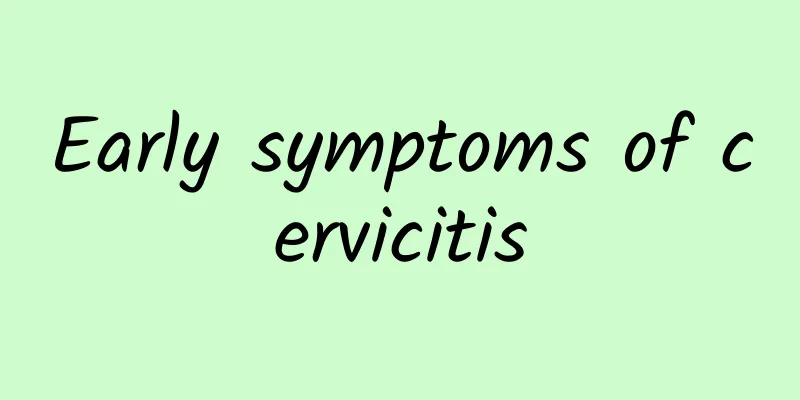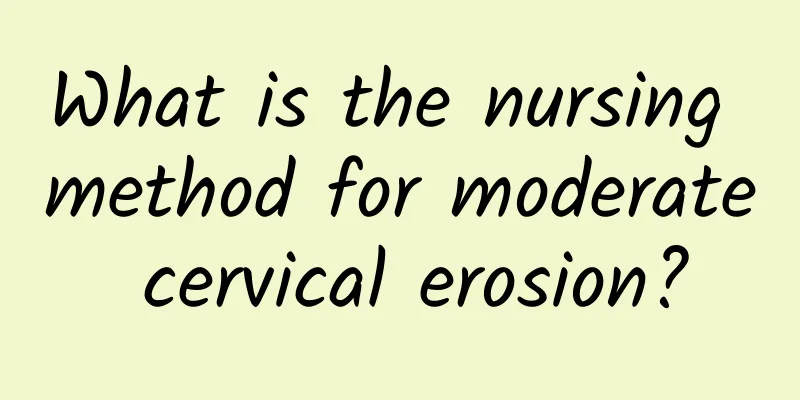How to treat bacterial vaginosis

|
Bacterial vaginitis can be treated with drugs such as metronidazole, clindamycin, tinidazole, vaginal lactobacillus preparations, and Dingkundan. If symptoms persist or worsen, patients are advised to seek medical attention in a timely manner. 1. Metronidazole Metronidazole is taken orally or topically, with the specific dosage determined by the doctor. It usually starts with mild to moderate infection. Metronidazole is effective against many anaerobic bacteria and some protozoa, and has an inhibitory effect on both gram-positive and gram-negative bacteria, thus relieving the symptoms of bacterial vaginosis. 2. Clindamycin Clindamycin is mainly given orally or by injection. Before use, you need to evaluate your allergy history and follow your doctor's instructions. Clindamycin has good antibacterial efficacy against Gram-positive bacteria and can be used to treat bacterial vaginosis under certain conditions. 3. Tinidazole Tinidazole can be administered orally or intravenously and should be used under a doctor's prescription. Tinidazole is a broad-spectrum antimicrobial drug that is effective against a variety of bacteria and parasites, thereby alleviating the symptoms associated with bacterial vaginosis. 4. Vaginal Lactobacillus preparations Vaginal lactobacillus preparations include lactobacillus tablets, bifidobacterium triple live capsules, etc. Patients need to take them according to the time and dosage specified in the instructions. The above preparations contain a certain amount of lactobacillus, which can restore the vaginal environment to normal, help inhibit the reproduction of harmful bacteria, and help improve discomfort symptoms. 5. Dingkundan Patients are generally allowed to take Dingkun Dan at a suitable time and place. It is recommended to take it about half an hour after a meal for better results. Dingkun Dan has the effects of nourishing qi and blood, regulating menstruation and relieving depression. It has a certain regulating effect on abdominal pain and irregular menstruation caused by bacterial vaginitis. During the treatment of bacterial vaginitis, good personal hygiene habits should be maintained to avoid excessive vaginal washing to prevent damage to the normal microecological environment. At the same time, it is recommended to use non-irritating washes to clean the vulva to reduce the growth of pathogens. |
<<: What is the best medicine for bacterial vaginosis?
>>: What are the symptoms of bacterial vaginosis
Recommend
What are the symptoms of ovarian cysts?
What is an ovarian cyst? What are the symptoms? I...
Fluid-filled pelvic mass after menopause
If a pelvic fluid mass appears after menopause, u...
Women suffer from cervical erosion
What are the causes of cervical erosion in women?...
How do uterine cysts form?
How do uterine cysts form? Under normal circumsta...
Edema, high body fat or poor metabolism? Top 5 obesity types identified by Chinese medicine practitioners!
There are 5 types of fat people, which one are yo...
Is it really a blessing to not gain weight? Don't be silly~3 major health crises are lurking
"Great! You never gain weight!" Most pe...
Does excessive exercise have any effect on chocolate cysts?
Does excessive exercise have an effect on chocola...
Where is the best hospital for functional uterine bleeding?
Functional uterine bleeding refers to uterine ble...
Can’t stop craving? 4 Tips to Effectively Suppress Appetite
How to control appetite is the most important iss...
A woman who reduced her stomach and restricted her diet lost 50 kg in half a year
Some people become fat because they eat too much ...
Experts introduce the diagnostic basis of vulvar leukoplakia
The medical community calls the whitening, roughe...
What drugs are commonly used to treat Bartholinitis?
The Bartholin's glands are located behind the...
Will eating chocolate make you fat? Research: Mastering these 3 tips can also be a good helper for weight loss
Still think chocolate is a sinful food that cause...
Drug-induced hyperprolactinemia and its treatment
Many friends at work rarely have time to pay atte...
Examinations for menopausal patients
Menopause is a problem that every female friend h...









